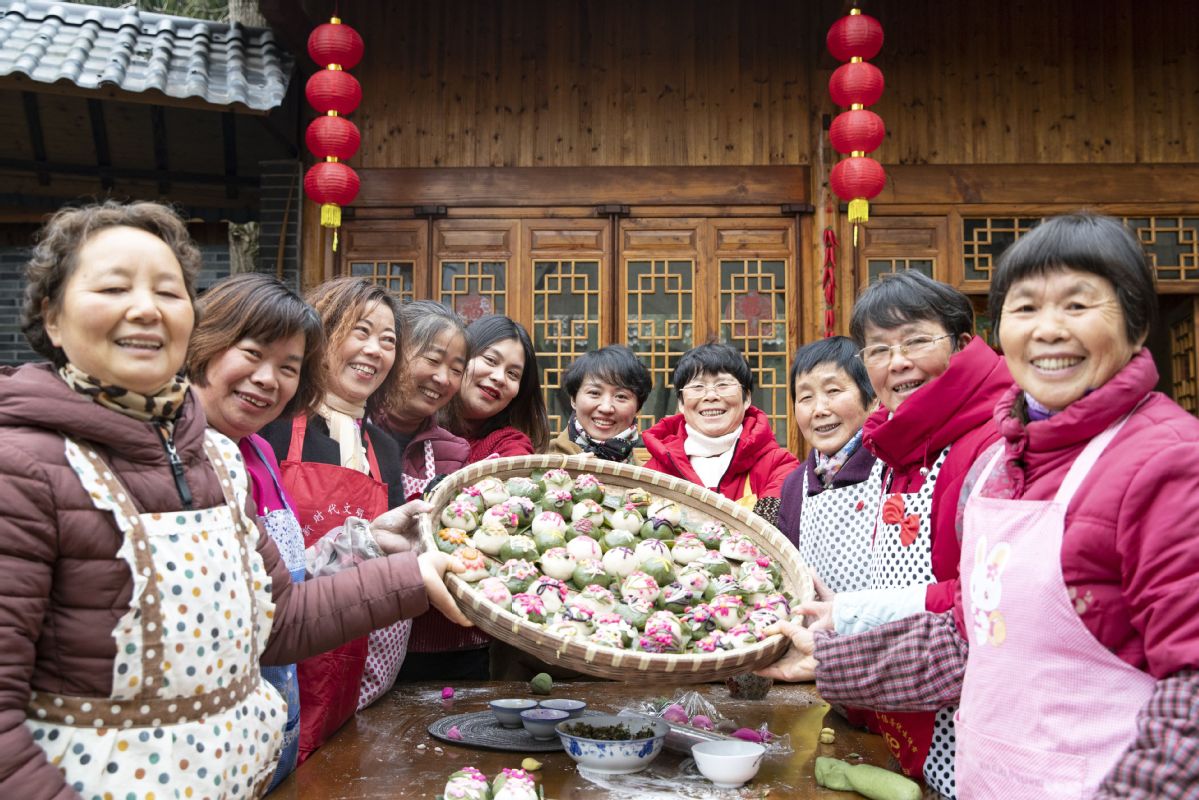Rural homestay boom written in tea leaves
Guesthouse owners create immersive cultural experiences to attract urbanites, Yang Feiyue reports in Huzhou, Zhejiang.


She also hosts interactive events to deepen visitors' engagement.
"I organize activities like Song Dynasty (960-1279) tea-whisking demonstrations, tea cake-making workshops, and modern tea-blending sessions," she says.
Currently, it's tea-picking season and guests can participate in harvesting the leaves.
The tea culture theme has noticeably upgraded her business.
The homestay has been a family business since 2014, when her mother opened a farmhouse-style inn. It evolved into a fine agritourism experience when Xu took over in 2018 after quitting her product development job in Hangzhou, the provincial capital.
"I saw huge growth potential and wanted to incorporate my creative ideas into traditional culture," she says.
Her efforts in cultural enhancement have improved the homestay's overall quality, which has brought guests of diverse backgrounds.
"Previously, most of my visitors were elderly," she says.
"Now, we're seeing more families and younger seniors. The guests have a greater awareness of culture," she notes.
Her homestay is among more than 500 in the village, many of which have cashed in on the integration of rural culture and tourism over the years.
"Nearly every household is involved. This makes it the largest rural tourism cluster in northern Zhejiang," says Zhang Yuhua, the first secretary of the rural homestay industry association in Shuikou. The village attracted over 4.5 million visitors last year, generating about 1.5 billion yuan ($205.6 million) in tourism revenue.
Most visitors come from major cities within a two-and-a-half-hour drive from Changxing, including Shanghai and Hangzhou, as well as Nanjing in Jiangsu province.
Homestays have evolved with tourists' preferences, considering emotional value or how the experience makes visitors feel, says Zhang.




































